CBD is a gift of nature!
Colorado Hemp Coffee is an encyclopedia with cannabis-related data.
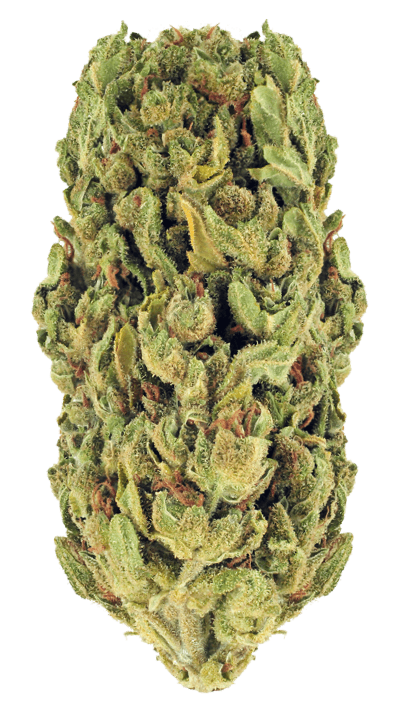
Purple Hawaiian Haze
Sativa-Dominant
THC 110.0-160.0mg/g
CBD 0.0-1.0mg/g
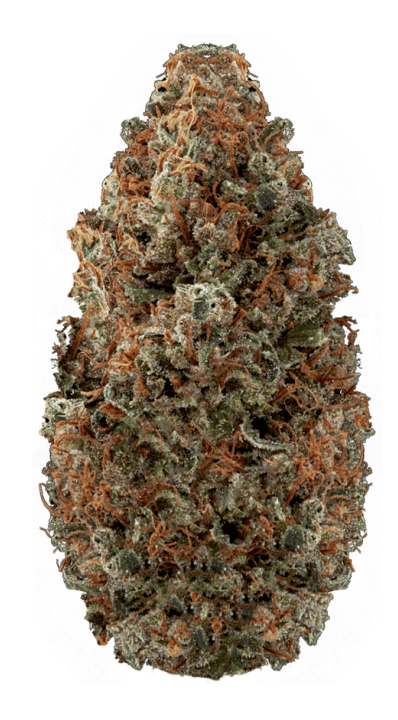
Sativa Bud
Sativa-Dominant
THC 120.0-180.0mg/g
CBD 0.0-4.0mg/g

Tangerine Dream
Sativa-Dominant
THC 110.0-160.0mg/g
CBD 0.0-1.0mg/g
Latest news
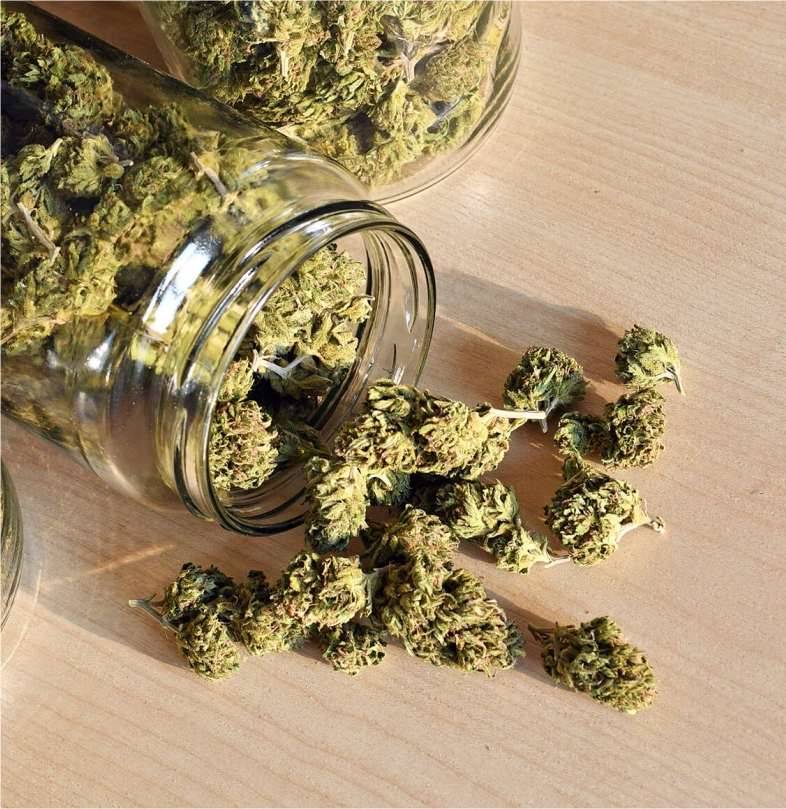
Buy Marijuana Seeds Online and Get a Gift
Feugiat in fermentum posuere urna nec tincidunt praesent semper feugiat pulvinar proin lorem ipsum
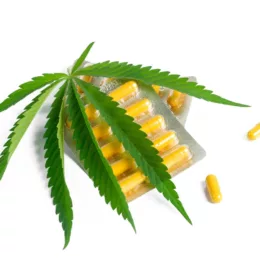
- 27.12.2023
- No Comments
The Effect That Marijuana Can Have on Mental Health
People have used marijuana to treat their conditions for at least 3000 years. Cannabis has an impressive history…

- 27.12.2023
- No Comments
Best Cannabis Companies to Invest In
Wholesomely, marijuana as a business industry has been becoming more profound over the years. More and more people…

- 27.12.2023
- No Comments
Can Marijuana make you a Better Athlete?
Looking back at the stereotypes associated with marijuana use, it is no surprise that some people abstained from…
Cannabis, also known as marijuana, is a psychoactive drug derived from the Cannabis plant. It has been used for centuries for both medicinal and recreational purposes. The plant contains over 100 different chemicals called cannabinoids, the most well-known being tetrahydrocannabinol (THC), which is responsible for the plant’s psychoactive effects.
Historically, cannabis has been utilized in various cultures for its therapeutic properties. In ancient China, it was used to treat ailments such as chronic pain and digestive disorders. Indian Ayurvedic medicine incorporated cannabis as a remedy for anxiety and insomnia. However, it was not until the modern era that cannabis gained significant attention for its potential medical benefits.
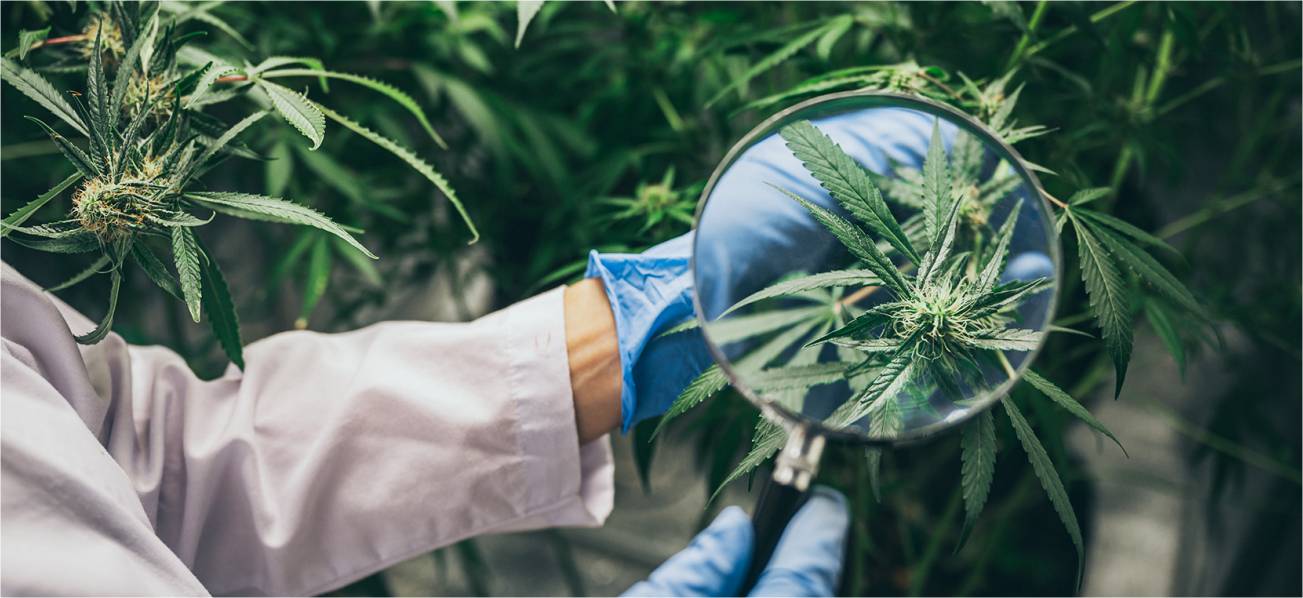
Controversial as it may be, cannabis has been widely debated in terms of its pros and cons. Supporters argue that it can be an effective treatment for conditions such as chronic pain, multiple sclerosis, and epilepsy. Additionally, it is considered by some as a safer alternative to opioids for pain management. On the other hand, opponents raise concerns about the potential for addiction, adverse effects on mental health, and the risks associated with impaired driving.
As attitudes and legislation surrounding cannabis continue to evolve, it is crucial to engage in an informed discussion about the benefits, risks, and potential regulations regarding its use. This article aims to explore the various aspects of cannabis, including its history, possible medical applications, and the ongoing debates surrounding its legalization.
Definition and Brief History of Cannabis
Cannabis, also known as marijuana, is a psychoactive drug derived from the Cannabis plant. It is used for both recreational and medicinal purposes. The main psychoactive component of cannabis is delta-9-tetrahydrocannabinol (THC), which produces mind-altering effects when consumed.
The history of cannabis can be traced back thousands of years. Its origins can be found in Asia, where it was cultivated for its fiber and medicinal properties. Ancient civilizations like the Chinese, Indians, and Egyptians used cannabis for various purposes. It was used as a medicine for treating pain, inflammation, and other ailments.
Cannabis eventually made its way to other parts of the world through trade routes. During the 16th and 17th centuries, European explorers brought the plant back to their home countries. It gained popularity in Europe for its potential medicinal benefits and as a recreational substance.
In the 19th century, cannabis became widely used as a medicine in Western countries. Its medicinal properties were researched and documented, leading to the development of cannabis-based medicines. However, by the early 20th century, concerns about its potential negative effects on mental health led to the adoption of strict prohibitions in many countries.
The criminalization of cannabis in the 20th century was primarily driven by political and racial factors. In the United States, the Marihuana Tax Act of 1937 effectively outlawed the substance, and later, the Controlled Substances Act of 1970 categorized it as a Schedule I drug, considering it to have a high potential for abuse and no accepted medical use.
However, in recent decades, attitudes towards cannabis have started to shift. The medicinal properties of cannabis have been increasingly recognized, leading to the legalization of medical cannabis in many countries and states.
Furthermore, the movement for the legalization of recreational cannabis has gained significant momentum. As of 2021, several countries and a growing number of U.S. states have legalized its recreational use. This changing landscape has sparked discussions about the potential benefits, risks, and regulation of cannabis in society.
Importance and Relevance of Cannabis in Today’s Society
Cannabis, commonly referred to as marijuana, has gained significant importance and relevance in today’s society for several reasons:
Research Opportunities
The legalization and decriminalization of cannabis have opened doors for further research into its properties and potential uses. Scientists are continually exploring the therapeutic, industrial, and agricultural applications of cannabis, which could lead to new discoveries and advancements in various fields.
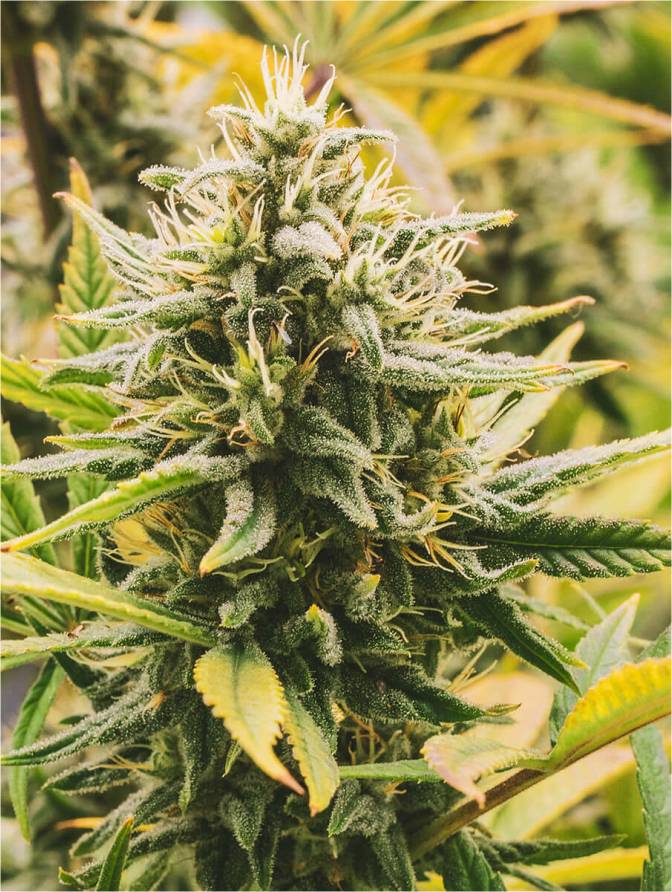
Criminal Justice Reform
Cannabis prohibition has led to the criminalization of individuals involved in its production, sale, and use, disproportionately affecting communities of color. As society recognizes the racial and social injustices associated with cannabis enforcement, there is a growing push for criminal justice reform and the decriminalization or legalization of cannabis to reduce the number of non-violent offenders in prisons.
Hemp Production
Hemp, a variety of cannabis with negligible levels of THC, has gained importance due to its versatile applications in industries such as textiles, construction materials, biofuels, and even food products. Hemp cultivation is seen as an environmentally friendly crop that can help mitigate climate change and reduce dependence on non-renewable resources.
Medicinal Benefits
Cannabis has been found to have numerous medical benefits, and its use has been legalized for medical purposes in several countries and states. It has shown potential in managing symptoms and conditions like chronic pain, epilepsy, multiple sclerosis, post-traumatic stress disorder (PTSD), and nausea caused by chemotherapy. The relevance of cannabis lies in its ability to provide relief and improve the quality of life for patients.
Economic Impact
The cannabis industry has experienced remarkable growth in recent years. Legalization and regulation of cannabis have created new job opportunities, tax revenue streams, and business prospects. It has the potential to boost local economies and generate significant tax revenue for governments, making it an important contributor to economic growth.
Alternative to Pharmaceuticals
With concerns surrounding the opioid crisis and the overuse of prescription medications, cannabis is seen as a potential alternative for pain management and other medical conditions. Its relevance lies in providing a non-addictive and potentially less harmful option for individuals seeking relief from various ailment
Social Acceptance and Cultural Shift
There has been a changing societal perception of cannabis use, with an increasing number of people accepting its consumption for recreational and medicinal purposes. This cultural acceptance has led to a greater openness and dialogue about cannabis, challenging stereotypes and promoting education about the potential benefits and risks associated with its use.
Overall, the importance and relevance of cannabis in today’s society lie in its medical benefits, economic impact, need for criminal justice reform, cultural shift, potential as an alternative to pharmaceuticals, hemp production, and opportunities for further research and development.

Types and Strains of Cannabis
Cannabis, a versatile plant with various types and strains, has three main classifications: Indica, Sativa, and Ruderalis.
Indica strains
Are known for their calming effects, promoting relaxation and sleep. These plants are generally shorter in stature with broader leaves and are favored by those seeking pain relief or assistance with insomnia.
Sativa strains
On the other hand, tend to be more uplifting and energizing. They are often associated with heightened creativity, focus, and an overall feeling of euphoria. Sativa plants are generally taller with thinner leaves and are preferred by individuals looking for a daytime pick-me-up or relief from depression.
Ruderalis
Then, there is Ruderalis, which is less well-known and often interbred with other strains for its autoflowering properties. Ruderalis plants are typically short and hardy, able to withstand harsh climates and have a higher tolerance for pests and diseases. While not commonly used for its psychoactive effects, Ruderalis genes are often incorporated into hybrid strains to create plants that automatically flower based on age rather than light exposure. Overall, the diverse types and strains of cannabis cater to a wide range of preferences and medical needs, allowing individuals to select the ideal strain for their desired effects and experiences.
Characteristics and Effects of Each Species
Cannabis consists of three main species: Indica, Sativa, and Ruderalis. Indica plants are known for their shorter stature and bushy appearance, with wider leaves. They are usually found in regions with colder climates. Sativa, on the other hand, is tall and slender with narrower leaves and thrives in warmer climates. Ruderalis is a smaller and less common species that is typically found in central and eastern Europe. Each species has its own unique set of characteristics and effects.
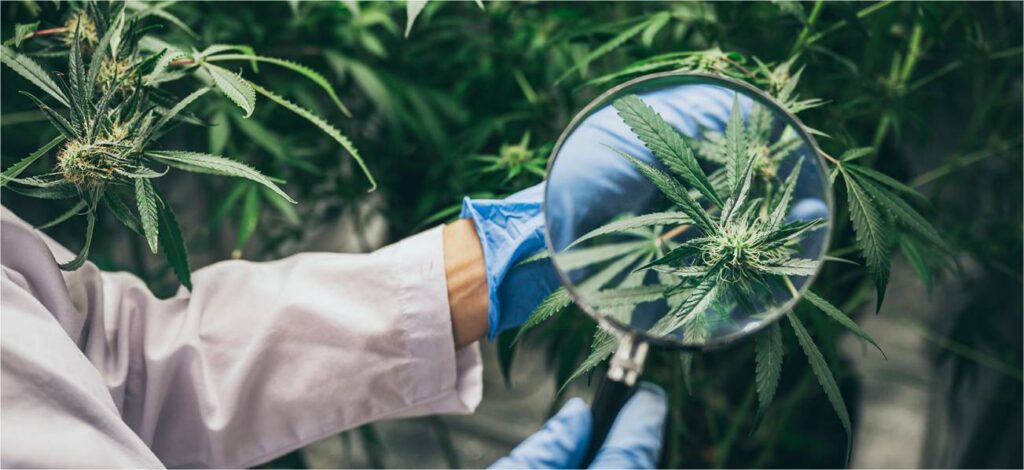
Indica strains tend to have higher levels of tetrahydrocannabinol (THC), the psychoactive compound in cannabis. This results in a more sedating and relaxing effect on users. Indica strains are often associated with pain relief, muscle relaxation, and sleep aid. Sativa strains, on the other hand, have lower THC levels and higher levels of cannabidiol (CBD), a non-intoxicating cannabinoid. This results in a more uplifting and energetic effect. Sativa strains are often associated with increased focus, creativity, and mood enhancement.
Ruderalis, while less popular, has been used in breeding programs to introduce autoflowering traits to hybrid strains. This allows for faster and more efficient cultivation, as Ruderalis plants do not rely on changes in the light cycle to begin flowering.
The effect of cannabis on appetite can vary depending on the strain. Indica strains are often associated with an increase in appetite, commonly referred to as the “munchies.” Sativa strains, on the other hand, may suppress appetite.
It is important to note that the effects of cannabis can vary from person to person and can be affected by factors such as dosage, method of consumption, and individual tolerance. Whether smoking cannabis or using other methods of consumption, it is essential to educate oneself on the characteristics and effects of each species to make informed choices.
Medical Uses of Cannabis
Cannabis, also known as marijuana, has been used for centuries for its medicinal properties. One of the most well-known medical uses of cannabis is its ability to stimulate appetite in patients with eating disorders or those undergoing chemotherapy. It has also been found to have potential benefits for lung health effects. Studies suggest that smoking cannabis does not harm lung function as much as smoking tobacco does. However, it is important to note that smoking any substance can have negative health effects on the lungs. Additionally, cannabis use disorder is a potential risk for those who consume marijuana regularly. People who use marijuana frequently can develop a dependence on it, leading to withdrawal symptoms when they stop using it. Furthermore, long-term effects of marijuana use can include an increased risk of psychosis. It is important to consult with healthcare professionals and seek guidance from reputable sources such as the Food and Drug Administration (FDA) and the National Institute on Drug Abuse (NIDA) when considering cannabis for medical purposes. CBD, a non-psychoactive component of cannabis, has gained popularity for its potential therapeutic benefits, including pain relief and reducing inflammation. However, more research is needed to fully understand its effectiveness and safety. Ultimately, the medical use of cannabis should be approached with caution and under the guidance of healthcare professionals to ensure appropriate and safe use.
Overview of the Medicinal Properties of Cannabis
Cannabis, commonly known as marijuana, has been found to possess various medicinal properties. One of its notable effects is its ability to stimulate appetite, making it useful for those suffering from conditions such as cancer or HIV/AIDS. However, smoking cannabis can have adverse lung health effects, similar to smoking tobacco. The risk of developing a cannabis use disorder is also a concern, as frequent and heavy marijuana use can lead to dependence and withdrawal symptoms. Long-term use of cannabis has been associated with an increased risk of psychosis, particularly in individuals with a predisposition to mental illness. It is important to note that the Food and Drug Administration (FDA) has not approved the use of marijuana for medical purposes, although some states have legalized its use for certain conditions. The National Institute on Drug Abuse (NIDA) acknowledges that while there is limited evidence supporting the use of cannabis for specific medical conditions, further research is needed to fully understand its potential benefits and risks. Cannabidiol (CBD), a non-intoxicating compound found in cannabis, has shown promise in treating epilepsy and chronic pain. However, it is crucial to approach the medicinal use of cannabis with caution due to the lack of standardized dosages, potential side effects, and the overall complexity of its effects on the body. Overall, while some observational studies suggest potential therapeutic applications of cannabis, it is important to be aware of the possible risks and consult with healthcare professionals before use.
Common Ailments and Conditions Treated with Cannabis
Cannabis has gained attention in the medical field for its potential in treating various ailments and conditions. Although research is still ongoing, there is evidence to suggest that cannabis can be effective in managing certain health problems. One such condition is schizophrenia, a rare and severe mental disorder. People with schizophrenia have a higher risk of experiencing psychotic episodes, delusions, and hallucinations. Cannabis, specifically cannabidiol (CBD), has shown promise in reducing the symptoms associated with schizophrenia. Additionally, cannabis can be used to treat other ailments such as chronic pain, epilepsy, and multiple sclerosis. However, it is important to note that the use of cannabis as a treatment should be done under the supervision of a healthcare professional, as its effects can vary among individuals and may interact with other medications. Further research is necessary to fully understand the benefits and risks of using cannabis for medical purposes.
Scientific Research and Evidence Supporting its Medical Benefits
Scientific research and evidence have shown the potential medical benefits of cannabis or cannabinoids. Medicinal cannabis, which contains cannabinoids such as CBD and THC, has been found to be useful in managing various health conditions. For example, cannabis has been proven to alleviate symptoms associated with chronic pain, multiple sclerosis, and epilepsy. Studies have also shown the positive effects of cannabis for the treatment of nausea and vomiting during chemotherapy and the reduction of muscle spasms in people with spinal cord injuries. Furthermore, research suggests that cannabinoids can have anti-inflammatory properties and may help in the management of conditions like arthritis. As a result, an increasing number of individuals are starting to use cannabis as a complementary therapy for their health and wellness. However, it is important to note that more research is still needed to fully understand the potential benefits and risks associated with cannabis use.
Recreational Uses of Cannabis
Scientific research has provided significant evidence supporting the medical benefits of cannabis. Studies have shown that medicinal cannabis can help alleviate symptoms of various medical conditions, including chronic pain, epilepsy, multiple sclerosis, and nausea caused by chemotherapy. The use of cannabis for medical purposes has gained traction in recent years, as more countries and states have started legalizing its use. Additionally, research has indicated that cannabis or cannabis-derived compounds, such as CBD, can potentially provide relief for anxiety, depression, and sleep disorders. It is important to differentiate between medicinal and recreational cannabis use, as the medical benefits come from specific strains and formulations that have been carefully studied and developed. While cannabis may offer medicinal benefits, it is crucial to consult with a healthcare professional before starting to use cannabis, as they can provide guidance on dosage, potential interactions with other medications, and overall treatment plans.
Popular ways to consume cannabis (Smoking, Vaping, Edibles)
There are several popular methods of consuming cannabis, including smoking, vaping, and consuming edibles. Smoking involves inhaling the smoke produced by burning cannabis flowers. It is one of the most common methods and provides an almost immediate effect as the cannabinoids enter the bloodstream through the lungs. Vaping, on the other hand, heats cannabis flowers or extracts at a lower temperature, creating vapor that is inhaled. This method is considered to be healthier than smoking since it avoids the release of harmful chemicals produced by combustion. Vaping also allows for more precise temperature control and potentially a smoother experience. Edibles involve the ingestion of cannabis-infused products such as cookies, chocolates, or gummies. The effects of edibles take longer to kick in compared to smoking or vaping because the cannabinoids need to be digested and metabolized before entering the bloodstream. However, the high produced from edibles is typically more potent and long-lasting. Additionally, edibles offer a discreet option for consuming cannabis without the need for smoking or vaping. Ultimately, each method of consumption has its own advantages and considerations, and it is important to choose the one that best suits your preferences and needs.
Growth and Profitability of the Cannabis Industry
The cannabis industry has been experiencing significant growth and profitability. As more countries and states legalize the use of cannabis for medical and recreational purposes, the market for cannabis products continues to expand. According to market research, the global legal marijuana market is expected to reach $73.6 billion by 2027. The growing acceptance of cannabis for various medical conditions is one of the primary drivers of this growth. Additionally, the increasing awareness about the potential health benefits of cannabis has led to higher demand for cannabis-derived products such as CBD oils, edibles, and skincare items. Furthermore, as more consumers choose cannabis as an alternative to pharmaceutical drugs, the market for cannabis-based medicines is also flourishing. This growth and profitability have attracted both investors and entrepreneurs who are keen to capitalize on the expanding market. However, it is important for businesses operating in this industry to navigate complex regulations and maintain high-quality standards to ensure long-term success. As the industry continues to evolve and more research is conducted on the potential benefits of cannabis, it is likely that the growth and profitability of the cannabis industry will remain strong in the coming years.
Emerging Trends and Innovations in the Cannabis Market
The cannabis market has been evolving rapidly in recent years, driven by changing attitudes towards marijuana and its increasing legalization in various countries. One emerging trend in this market is the rise of cannabis-infused products. From cannabis edibles and beverages to skincare and wellness products, there has been a surge in innovative ways to consume cannabis. This trend not only caters to those who may prefer alternative consumption methods but also opens up new business opportunities for entrepreneurs. Another innovative aspect of the cannabis market is the development of new strains and genetics. Cultivators and breeders are constantly working on creating new strains with specific traits and attributes, such as higher levels of CBD or unique flavor profiles. This not only expands the variety of products available to consumers but also improves the overall quality and potency of cannabis. Additionally, advancements in technology have also influenced the cannabis market. From sophisticated cultivation techniques to state-of-the-art extraction processes, technology has played a significant role in optimizing production and ensuring product consistency. The integration of artificial intelligence and automation has also made its way into the cannabis industry, providing growers with valuable data and insights to streamline operations and improve yields. As the cannabis market continues to evolve, these emerging trends and innovations are expected to shape its future growth and expansion.
Arguments for and Against Cannabis Legalization
Cannabis legalization has been a widely debated topic, with strong arguments for and against. Proponents argue that cannabis should be legalized for both medicinal and recreational use. They believe that legalizing cannabis would allow for regulation and control, ensuring the safety and quality of products. It could also generate significant tax revenue, create jobs, and stimulate economic growth. Additionally, proponents argue that cannabis has many potential medical benefits and that legalization would provide easier access for patients in need. On the other hand, opponents of cannabis legalization express concerns about health and safety risks. They argue that cannabis can have negative effects on mental health, leading to addiction and an increased likelihood of using more harmful substances. Furthermore, opponents worry that legalizing cannabis could lead to an increase in impaired driving and that it could act as a gateway drug, potentially leading to the use of harder drugs. They also express concerns about the impact on youth, suggesting that legalization could normalize cannabis use and increase experimentation among teenagers. Overall, the debate around cannabis legalization encompasses a range of perspectives, with both positive and negative impacts to consider.
Safety and Responsible Cannabis Use
Safety and responsible cannabis use are of utmost importance. While cannabis is becoming legal in many places, it is essential to understand the potential risks and take necessary precautions. Firstly, it is crucial to purchase cannabis from reputable sources to ensure its quality and safety. Buying from licensed dispensaries or trusted growers can minimize the risk of purchasing contaminated or low-quality products. Additionally, it is vital to be aware of the legal age restrictions and abide by them. Minors should not have access to cannabis as it can have adverse effects on their developing brains. Furthermore, it is essential to educate oneself about the different strains and their potency levels. Understanding the desired effects and risks associated with different strains can help users make informed decisions about their cannabis consumption. Lastly, it is important to consume cannabis responsibly and in moderation. Overconsumption can lead to impaired judgment, decreased motor skills, and potential health risks. It is advisable to start with small doses and gradually increase if needed. Being responsible while using cannabis not only ensures the safety of the individual but also promotes the responsible and positive image of the cannabis community as a whole.
Cannabis Frequently Asked Questions (FAQ)
What is cannabis?
Cannabis, also known as marijuana, refers to a group of psychoactive substances that come from the cannabis or cannabis plant. It is commonly used for recreational and medicinal purposes.
What are the effects of using cannabis?
Using cannabis can have various effects on individuals. Some users may experience feelings of relaxation and euphoria, while others may feel more alert and focused. The effects can vary depending on the strain and dosage of cannabis used.
Is cannabis addictive?
Yes, cannabis use may lead to dependence, especially when used regularly or in large quantities. Some individuals may develop a psychological addiction to the effects of cannabis.
Are there any long-term effects of using cannabis?
Research suggests that long-term cannabis use may have both positive and negative effects. Some studies have found potential benefits for certain medical conditions, while others have linked long-term use to cognitive impairment and mental health issues.
What is the current state of evidence regarding cannabis use?
The current state of evidence regarding cannabis use is constantly evolving. Several scientific studies, including systematic reviews and meta-analyses, have been conducted to examine the potential benefits and risks of cannabis use.
Can cannabis be used for medical purposes?
Yes, cannabis is known to have potential therapeutic uses. It has been used to alleviate symptoms in conditions such as chronic pain, epilepsy, and certain types of cancer. However, the use of cannabis for medical purposes should be done under the supervision of a healthcare professional.
Are there any recommendations from reputable sources regarding cannabis use?
The National Academies of Sciences, Engineering, and Medicine in their systematic review and meta-analysis have highlighted potential therapeutic benefits of cannabis in treating certain medical conditions. However, they have also outlined the need for more research and caution in using cannabis due to associated risks.
Can cannabis be consumed in forms other than smoking?
Yes, cannabis is available in various forms such as edibles, oils, and extracts. These alternative forms allow individuals to consume cannabis without smoking it.
Is there a link between cannabis use and lung cancer?
While research has suggested that smoking cannabis may be associated with an increased risk of lung cancer, the evidence is not yet conclusive. More studies are needed to determine the exact relationship between cannabis smoking and lung cancer.
